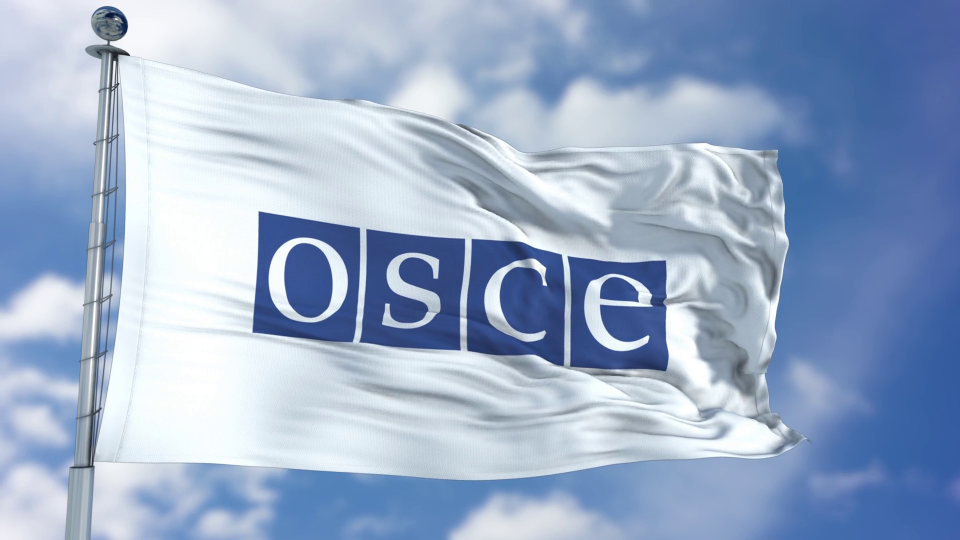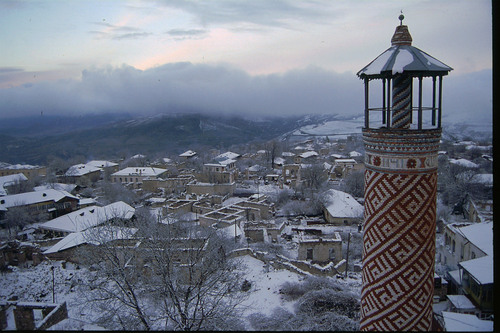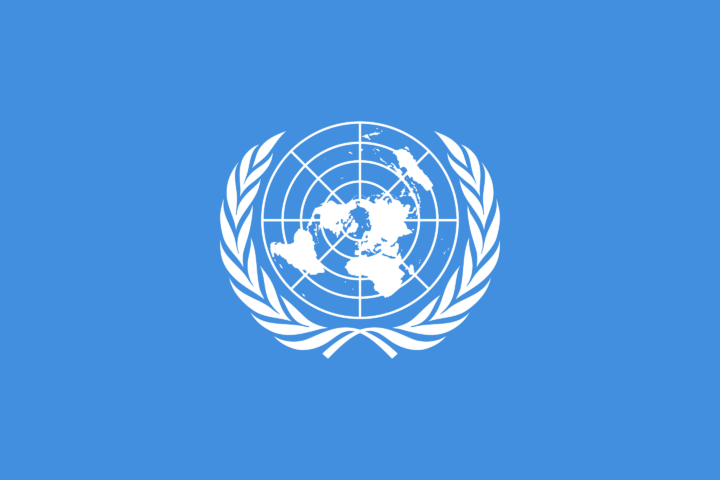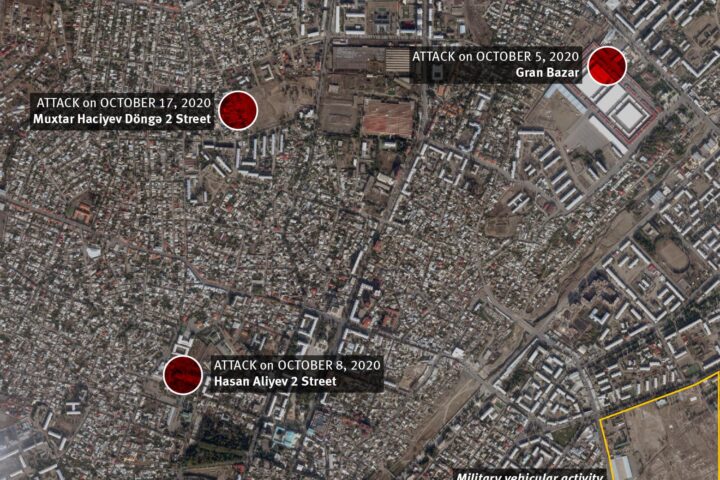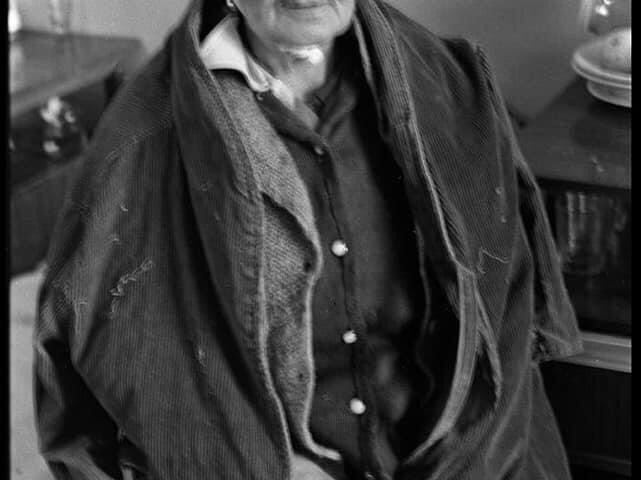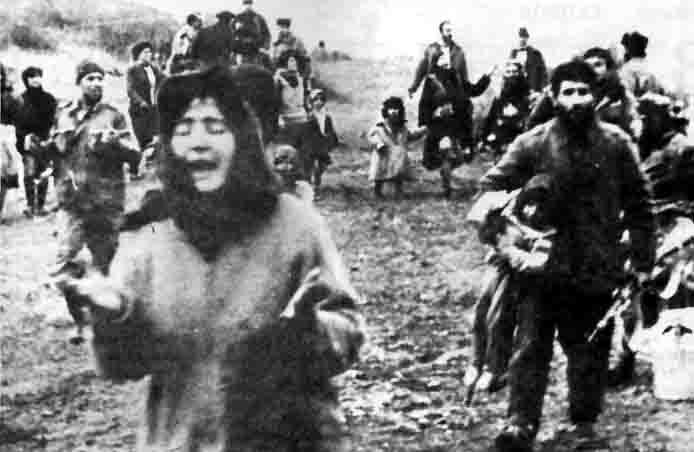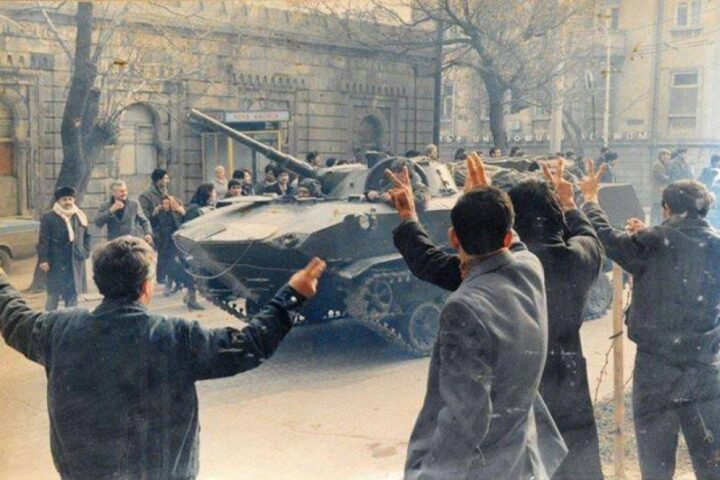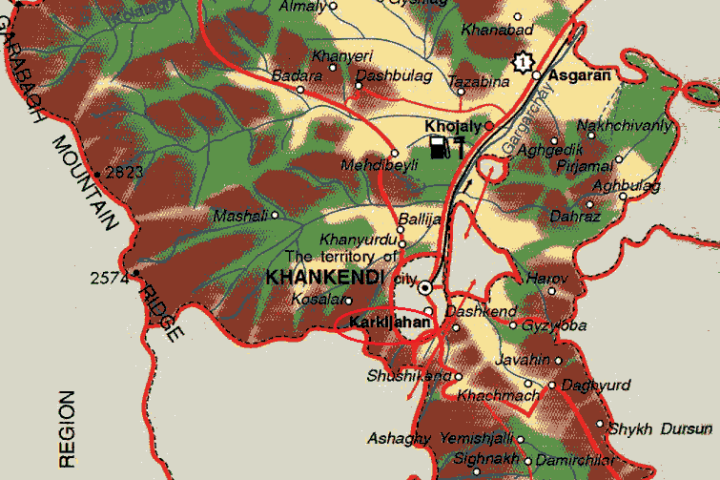2. Mediation efforts of the OSCE
Since February 1992 the process of the mediation efforts on the settlement of the Armenian-Azerbaijani conflict within the OSCE framework began. At the meeting of the OSCE Council of Ministers, held in Helsinki on the 24th of March 1992, a decision on convening a conference on Nagorno-Karabakh in Minsk under the auspices of the OSCE as a permanently acting negotiations forum aimed at the achievement of the peaceful solution of the crisis on the basis of the OSCE principles, commitments and provisions was adopted.
According to that decision, the participants of the Minsk Conference were: Azerbaijan, Armenia, Belorussia, Turkey, Russia, USA, France, Germany, Italy, Czechoslovakia and Sweden. The Decision also noted that the elected and other representatives (representatives of the Azerbaijani and Armenian population) of Nagorno-Karabakh, as interested Parties, would be invited to the Minsk Conference by its Chairman after consultations with the states participating in the Conference.
Since 1992 the negotiations have been conducting within the framework of the Minsk Conference. The Chairmen of the Minsk Conference were:
- Italy in 1992-1993,
- Sweden in 1994,
- Russia, Finland in 1995-1996,
- Russia, USA, France – since 1997 up to the present.
Negotiations within the Minsk Group were held since 1992. According to the practice, the composition of the Minsk Group is being changed depending on the “Troika” of the OSCE. (“Troika” is made up by the former, present and future OSCE Chairman-in-Office).
Now Azerbaijan, Armenia, Belarus, USA, France, Russia, Netherlands, Finland, Portugal, Germany, Italy, Sweden and Turkey are members of the Minsk Group.
At present the Co-Chairmen of the Minsk Group are: Russia (Yuri Merzlyakov), USA (Steven Mann), France (Henry Jakolin).
Following the occupation of Azerbaijani territories in 1993, the UN Security Council adopted four resolutions: 822 (April, 30), 853 (July, 29), 874 (October, 14) and 884 (November, 11). The above-mentioned resolutions reaffirmed the sovereignty and territorial integrity of the Republic of Azerbaijan and of all other states in the region, the inviolability of the international borders and inadmissibility of the use of force as a means for the acquisition of territories.
The resolutions demanded an immediate cessation of all hostile acts and an immediate, complete and unconditional withdrawal of occupying forces from all occupied territories of the Republic of Azerbaijan, and called for the restoration of the economic, transport and energy links in the region, the return of the refugees and displaced persons to the places of their permanent residence. The resolutions approved of the efforts of the OSCE Minsk Group aimed at the peaceful settlement of the conflict and called for the search of the ways for a settlement of the conflict in the framework of the OSCE Minsk process.
On May 12, 1994 the cease-fire has been established.
On December 5-6, 1994 at the CSCE Summit in Budapest the Heads of State and Government of the OSCE participating states took a decision in accordance to which they established the institute of the Co-Chairmanship of the OSCE Minsk Conference for the coordination of all mediation efforts within the CSCE framework. The Budapest Summit tasked the Chairman-in-Office to conduct negotiations aimed at the conclusion of the political agreement on the cessation of the armed conflict, implementation of which will eliminate the consequences of the conflict and will permit convening of the Minsk Conference. The Summit also adopted a decision on the deployment of the CSCE multinational peacekeeping forces after the achievement of the agreement between the Parties on the cessation of the armed conflict, and the establishment of the High Level Planning Group (HLPG) aimed at the preparation of the peacekeeping operation.
The Lisbon Summit of the Heads of States and Governments of OSCE participants (since January 1, 1995 the CSCE was transformed into the Organization for Security and Cooperation in Europe), held on December 2-3, 1996, the Co-Chairmen of the OSCE Minsk Group and the OSCE Chairman-in-Office recommended the principles, which should have been the basis for the settlement of the Nagorno-Karabakh conflict. But Armenia did not accept them and therefore it was the only one out of 54 OSCE participating states not to support them.
Then the OSCE Chairman-in-Office made a statement with the inclusion of those principles. They are as follows:
- territorial integrity of the Republic of Armenia and the Azerbaijan Republic;
- legal status of Nagorno-Karabakh defined in an agreement based on self-determination which confers on Nagorno-Karabakh the highest degree of self-rule within Azerbaijan;
- guaranteed security for Nagorno-Karabakh and its whole population, including mutual obligations to ensure compliance by all the Parties with the provisions of the settlement.
After the Lisbon Summit the institute of the triple Co-Chairmanship, including Russia, France and the USA, was established in 1997. Since April 1997 the negotiations were suspended and substituted by the visits of the Co-Chairmen to the region. On June 1, 1997 the Co-Chairmen presented the draft of a comprehensive agreement on the settlement of the Nagorno-Karabakh conflict, which consisted of the Agreement on the cessation of the armed conflict and the Agreement on the status of Nagorno-Karabakh. Despite the readiness of Azerbaijan to start constructive consultations on the essence of the mentioned documents, the Republic of Armenia categorically rejected the “package” approach.
On September 19-23, 1997, during their visit to the region, the Co-Chairmen presented new proposals based on the “stage-by-stage” approach to the settlement, according to which it was planned at the first stage to liberate 6 regions, to deploy the OSCE peacekeeping operation, to return the displaced persons to the liberated territories and to normalize main communications in the conflict zone. At the second stage the problems of Lachin and Shusha were to be solved and the main principles of the NK status were to be adopted. As a result the OSCE Minsk Conference ought to be convened. On October 10, 1997 the Presidents of Azerbaijan and Armenia confirmed in their joint Statement in Strasbourg, that “the recent proposals of the Co-Chairmen were a hopeful basis for the resumption of negotiations within the framework of the Minsk Group”.
But after the resignation of the President of Armenia Levon Ter-Petrossian in February of 1998 and with coming to power in March 1998 of Robert Kocharian, the next visit of the Co-Chairmen to the region took place, when Armenia officially withdrew the consent of the ex-president of Armenia Levon Ter-Petrossian to the proposals on the “stage-by-stage” settlement of the conflict.
On November 9, 1998, the Co-Chairmen put forward the proposals based on the concept of a “common state”. According to this concept, Nagorno-Karabakh would have the status of a state and a territorial unit in the form of a republic, which, together with Azerbaijan would constitute the common state within internationally recognized borders of Azerbaijan. Azerbaijan rejected those proposals, since they violated its sovereignty and contradicted the Lisbon principles. Since then no new proposals were made and the Minsk process practically reached a deadlock.
On November 18-19, 1999 the Final Document of the OSCE Istanbul Summit stressed that the Minsk Group was the most suitable framework for the settlement of the Karabakh problem, welcomed the dialogue of the two Presidents as giving an impetus to the Minsk process, and expressed hope for the resumption, as soon as possible, of the negotiations on the conflict settlement.
In order to give an additional impetus to the negotiations, since April 1999 direct talks between Presidents of Azerbaijan and Armenia on the achievement of conflict settlement began. However, due to Armenia’s destructive position these meetings have not yet led to any agreement.
In the decisions of the OSCE Ministerial Council meetings, which were held on December 3-4, 2001 in Bucharest and on December 6-7, 2002 in Porto, the importance of continuing the peace dialogue was stated and a call to parties to continue the efforts on the settlement of the conflict on the basis of the norms and principles of international law was expressed.
During their visit to the region on March 2002 Co-Chairmen proposed to conduct negotiations at the level of special representatives of the Presidents of Azerbaijan and Armenia. The proposal was accepted by the Presidents of both states. On March 13-15 and July 29-30, 2002 the two meetings of the special representatives of the Presidents of Armenia and Azerbaijan took place in Prague. The ministers of foreign affairs of two countries met in Prague on March 16, 2004.
